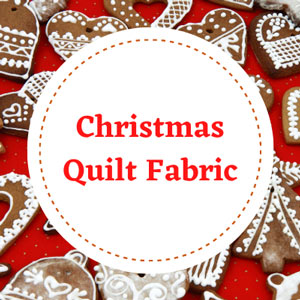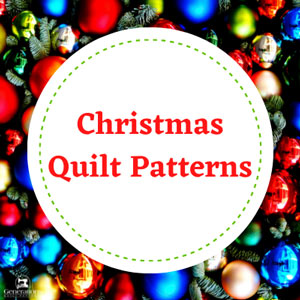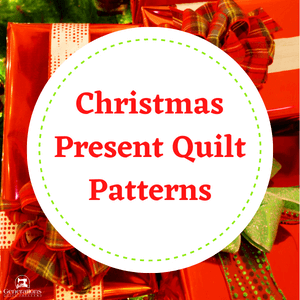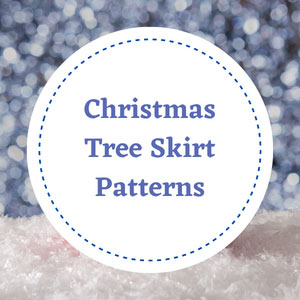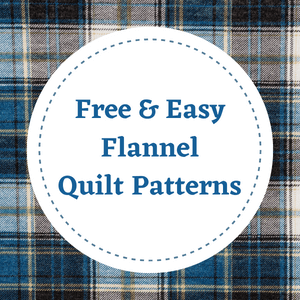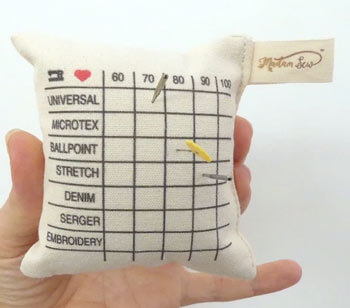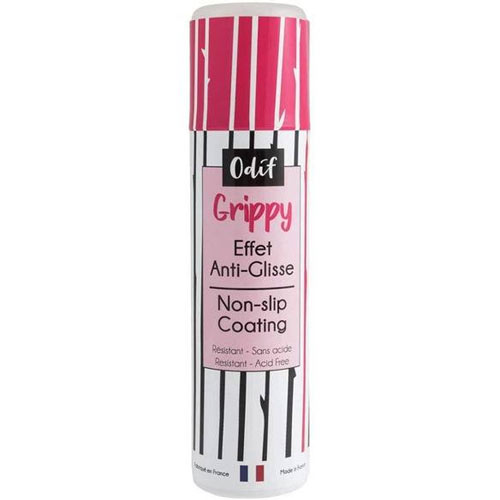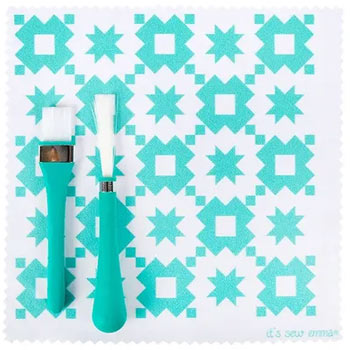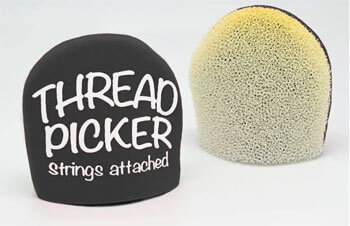This post contains affiliate links for which I receive compensation
Coats & Clark thread vs quilting thread
by Janet
(Burnet, TX)
Janet writes...
With threads sold in quilt stores being expensive, what is the benefit of those over good old Coats and Clark? Haven't those threads been used for years and are still holding together clothes and quilts from a while ago?Julie replies...
Your's is an excellent question!When I was growing up, both my Mom and Grandma were dressmakers and Coats & Clark was a staple in my house. I can remember looking specifically for 'Dual Duty' in the fabric store.
But as I got further into quilting I have changed over to the 50-60 wt long staple Egyptian cottons for piecing...
- I like the thinness of the thread because it takes up so little in the seam allowance
- I get a good stitch with it...always!
- Long staple means the cotton fibers are longer so it makes less lint inside my sewing machine
If you are getting those same results and are happy, then I see no reason for you to change.
The Myth about Cost
When you see that honkin' big spool of Aurifil for over $11 at the quilt store, the immediate reaction is "Whoa! That's expensive!"I teach machine quilting and for my students I thought I'd break down the price...and even I was surprised.
In the chart below, all the threads are polyester except Aurifil and Masterpiece which are both 100% cotton. The prices are retail from Joann's and CreateForLess.com.
Thread Cost Comparison Chart** | |||
|---|---|---|---|
| Brand | Yards | Cost/Spool | $/Yard |
| Coats & Clark Dual Duty XP | 500 | $4.59 | 0.00918 |
| Coats & Clark Dual Duty Plus | 400 | $5.99 | 0.01498 |
| Gutermann Sew-All (200 meter spool) | 273.4 | $3.99 | 0.01459 |
| Aurifil 50wt | 1420 | $11.24 | 0.00792 |
| Superior Threads' Masterpiece | 600 | $8.25 | 0.01375 |
I was surprised!
The Aurifil isn't more expensive than any of the threads on the list. Now Joann's does have regular sales on notions so that you can get it cheaper, but when you need it, you need it and you're going to pay the price on that day.
A Question of Strength
There's an argument against using polyester thread in piecing saying because the poly is so much stronger than the cotton fibers, it will cut or 'saw' through seam allowances over time. Fixing that problem is more difficult than repairing a seam where the thread has broken or worn away.That does make sense...up to a point.
I have had clothing rip like that—the stitches stayed intact, but the fabric split at the seam. However, I've never had that happen with a quilt.
Never.
Bindings wear out. 'Just had a quilt where the flannel fabric wore away. But never the thread cutting the fabric.
If you stitch in the ditch to stabilize your quilt, it's my hypothesis that those quilting stitches help keep the poly from cutting the fiber. If they can't move there's no sawing action.
In the end...
If you're happy with the results you're getting, go with what works. I like the 50wt cotton and recommend to my students because I like it and it works for me.In the end, that's all you can ask for.
I hope this has helped to answer your question.
Readers, I'm interested in your thoughts and experiences. Feel free to share using the 'Comments' link below.
Piecefully,
Julie Baird
Editor
Comments for Coats & Clark thread vs quilting thread
|
||
|
||
|
||
|
||
|
||
|
||





